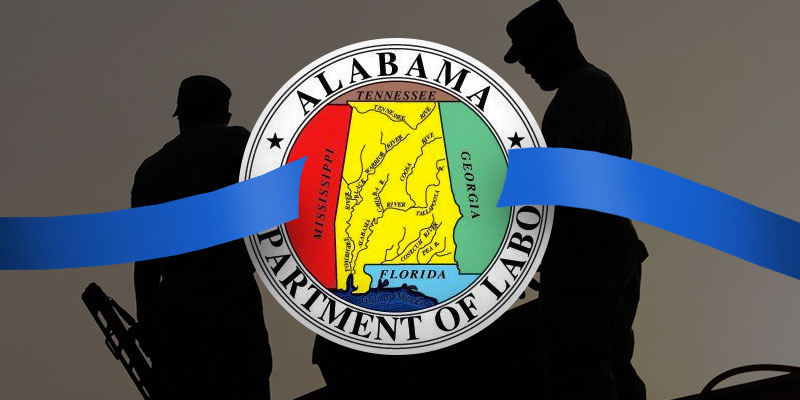Gambling
Britain needs a robust national strategy to tackle gambling harms

(Alamy)
4 min read
The gambling scandal that unfolded during the general election campaign was a stark reminder of how normalised gambling has become in our society.
From athletes to politicians, anyone can fall prey to gambling harms and, indeed, so many of us do. In Britain, up to 4.8 million people experience harm from their own or someone else’s gambling – but how did we get here?
It was the last Labour government that liberalised gambling in 2005 – since then mobile phones have opened the door to the proliferation of new gambling products and their widespread promotion. The landscape has evolved significantly, creating a devastating compounded impact.
In today’s digital age individuals can gamble around the clock on multiple accounts, their gambling often going unnoticed due to its hidden nature. The incoming Labour government now has the opportunity to course correct the situation and deliver regulation that is fit for today’s world.
Up to half a million women in Great Britain may be experiencing ‘problem gambling’
Gambling harms are complex, cruel, and represent a significant societal burden. Young people are particularly at risk – with up to one in seven 18 to 24-year-olds estimated to be affected. This worsens among deprived and ethnic minority communities, where individuals who gamble are twice as likely to experience harm. Women are also increasingly affected; Gambling Commission data shows that between 2016 and 2023, the number of women gambling online has more than doubled from 12 per cent to 25 per cent, increasing at a higher relative rate than for men. GambleAware-funded research also estimates that up to half a million women in Great Britain may be experiencing ‘problem gambling’.
As recently highlighted by leaders across the NHS – including NHS CEO Amanda Pritchard and Matthew Taylor of the NHS Confederation – more effort is needed to tackle the source of preventable issues like gambling harm rather than just continuing to put strain on the NHS – a view I also echo. Gambling can destroy people’s lives and those of their families, which is why working with those across the third sector to deliver effective prevention and treatment services to address the issue head on, is so important and underpins my new role as chair of trustees at GambleAware, the leading charity working to understand, treat, and prevent gambling harms across Great Britain.
I am incredibly proud of the support we provide through the National Gambling Support Network – working with partners across the NHS, social care, justice, and education sectors at local and national level – a lifeline for many. However, as we see more and more people whose lives have been shattered, whose relationships have broken down and whose finances or businesses are in ruin due to gambling harm, it’s clear that wider preventative measures and action is needed.
Britain needs and deserves a robust national strategy to tackle gambling harms, with a public health approach that incorporates prevention, early intervention, and effective treatment – funded by the industry causing the harms through a statutory industry levy.
The 2023 Gambling White Paper, which proposes introducing a statutory levy on gambling operators, provides a blueprint to ensuring sufficient funding for the future support system. While I urge our new government to implement this element swiftly, we have a once-in-a-generation opportunity to go further and do what their predecessors could not: address the regulation of gambling advertising, marketing, and sponsorship.
At GambleAware, we often hear from people with lived experience of gambling harms who tell how watching their favourite team play football can be difficult, as it has become intertwined with their gambling. They recall how there are so many shirt sponsorship and gambling signs on pitch side advertising in the stadiums. Sporting events and international tournaments should be a time of enjoyment, shared with family and friends, but instead individuals and most concerning, children are being bombarded by gambling ads that can cause serious harm.
In many other countries, including Ireland, Germany, and Australia, measures such as broadcast watersheds and stricter regulation of social media advertising have been highly effective, especially in safeguarding young people. Let’s go further and look at advertising standards, including the introduction of mandatory, robust health warnings and clearer signposting to support for individuals at risk.
Now is the time for decisive action. We have a rare opportunity to address the crisis of gambling harm with a strong national strategy rooted in public health principles. Our new Labour government must take the lead in safeguarding our communities and future generations from its devastating impact.
Professor Sian Griffiths CBE, non-executive director for Public Health Wales
If you’re worried about how gambling makes you feel, we can help. For free and confidential advice, tools and support, search GambleAware or contact the National Gambling Helpline, available 24/7, on 0808 8020 133.
PoliticsHome Newsletters
Get the inside track on what MPs and Peers are talking about. Sign up to The House’s morning email for the latest insight and reaction from Parliamentarians, policy-makers and organisations.









